
Taking Flight: Traveling with a Child Who Has Special Needs
When you have a child with special needs, the prospect of planning a real family vacation can be so over-whelming, it seems easier and more relaxing to just stay close to home. But in spite of the formidable challenges, the benefits of expanding your family’s perspective through travel
and creating memories together are often worth it.
Two years ago, when my son, Isaac, was diagnosed with autism at age 3, I had to make a choice as his mother and a travel writer: Find new ways to meet his special needs on family trips, or find a new occupation that would allow us to stay home in our comfort zone. We take fewer getaways these days, and our trips require much more effort to plan, but every time Isaac spots a dragonfly on a trail or feels sand between his toes at the beach, I am reminded of how much travel enriches his life.
The “special needs” label spans a range of issues in children, from autism or hearing impairment to those who have physical disabilities and depend on wheelchairs for mobility. All children are different; therefore, each family’s challenges when traveling will be unique. If your kid is autistic with sensory issues, a scenic road trip may trump crowded airplanes and theme parks. A child who depends on a wheelchair would have little to do at a Wyoming dude ranch, but he may love the wide boardwalk trail through a field of geysers at nearby Yellowstone National Park.
As daunting as planning a family vacation appears, take heart in the positive trends emerging. Popular destinations such as theme parks, museums and even beach resorts are adding accommodations, from better wheelchair accessibility to sensory hours to allergy-friendly restaurants. Planning special-needs family travel is not simple, but it’s getting easier all the time.
1. National parks
One of the best opportunities to connect children with special needs to the natural world is found at U.S. national parks. Each individual park has a Web page on accessibility that describes its ADA-accessible trails, campgrounds and restrooms. Visitor centers are equipped with ramps, elevators and restrooms that accommodate people in wheelchairs. Interpretive programs and exhibits often include closed captioning and Braille. Even historic hotels have wheelchair-accessible rooms. Your child with special needs may also be eligible for a lifetime Access Pass, which admits him or her to national parks for free. And while dogs are not typically permitted on national park trails, certified service animals are allowed.
Try: Yellowstone, Glacier and Everglades national parks are acclaimed for their many miles of fully accessible trails.
2. Family resorts
For families that just need a relaxing vacation, resort hotels are a good fit. Resorts have lodging, restaurants and activities all in one place, offering convenience and flexibility — two of the biggest considerations for families with special-needs kids. Look for resorts that go above and beyond ADA regulations with offerings such as accessible swimming pools, paved trails, adaptive kayaking and beach wheelchairs.
Try: Keystone Resort in Colorado boasts an extensive adaptive program for disabled skiers and snowboarders. Great Wolf Lodge (13 locations, including one in Grand Mound, Wash.) is a giant indoor water park that has “zero-entry” swimming pools, allowing kids in appropriately equipped wheelchairs to join in the splashy fun.
3. Cruises
An adventure at sea aboard a luxury cruise ship offers one of the lowest-stress family vacations around, and all cruise ships sailing in U.S. waters are ADA compliant. The top cruise lines go even further, with amenities such as wheelchair-friendly swimming pools and menus for passengers with food allergies.
Try: The Disney Dream and Disney Fantasy ships each have 24 fully accessible, family-size cabins with automatic doors. Youth counselors are trained to work with children with special needs, and the ships’ theaters offer wheelchair seating and assisted-listening devices. Royal Caribbean is proud of its autism-friendly ships; perks include priority check-in, gluten-free menu items and sensory-sensitive films and toys. Check out Special Needs at Sea for accessibility equipment rentals that are delivered right to a cruise ship.
4. Theme parks
Adventurous and fun, theme-park vacations are on every child’s dream list. Many such parks accommodate special needs, yet they present inherent challenges nonetheless (lots of ground to cover going from ride to ride, sensory overload with no quiet places to escape to, etc.). For the smoothest possible experience, plan out every detail well in advance.
Try: Both Disneyland and Walt Disney World are exceptional in the ways they cater to families with special needs. Many rides are accessible. Disney’s Disability Access Service Card allows disabled children and their families to return to a ride at a given time without waiting in line (although some families with autistic children preferred Disney’s previous system, which skipped the wait time altogether). Morgan’s Wonderland, in San Antonio, Texas, is the world’s first fully accessible family theme park.
5. Big cities
With attractions such as museums, zoos, aquariums, parks and cultural opportunities, America’s major cities are very friendly vacation spots for families that have kids with special needs, especially physical disabilities. With few exceptions, these big-city attractions are ADA compliant and wheelchair accessible. Cities also have large chain hotels with accessible rooms, and accessible public transportation.
Try: In Washington, D.C., historical attractions, monuments and the Smithsonian museums are not only educational, they’re wheelchair accessible. Both Metrorail and D.C. buses are accessible as well.
Source: Parent Map
Compartilhe
Use os ícones flutuantes na borda lateral esquerda desta página
Siga-nos!
Envolva-se em nosso conteúdo, seus comentários são bem-vindos!
Artigos relacionados
Acessibilidade no transporte aéreo. Atualização das regras.
Acessibilidade no transporte aéreo. Revisão da Resolução nº 280/2013 da ANAC através de consulta e audiência pública.
Inclusão no filme Wicked. Atriz cadeirante chama a atenção.
Inclusão no filme Wicked. Marissa Bode é uma atriz com deficiência na vida real, e sua deficiência não foi um impedimento para a atuação.
Diretrizes da ANPTUR para o Turismo Brasileiro
Diretrizes da ANPTUR para o Turismo Brasileiro. Acessibilidade é um dos capítulos desse importante guia orientador para o turismo.

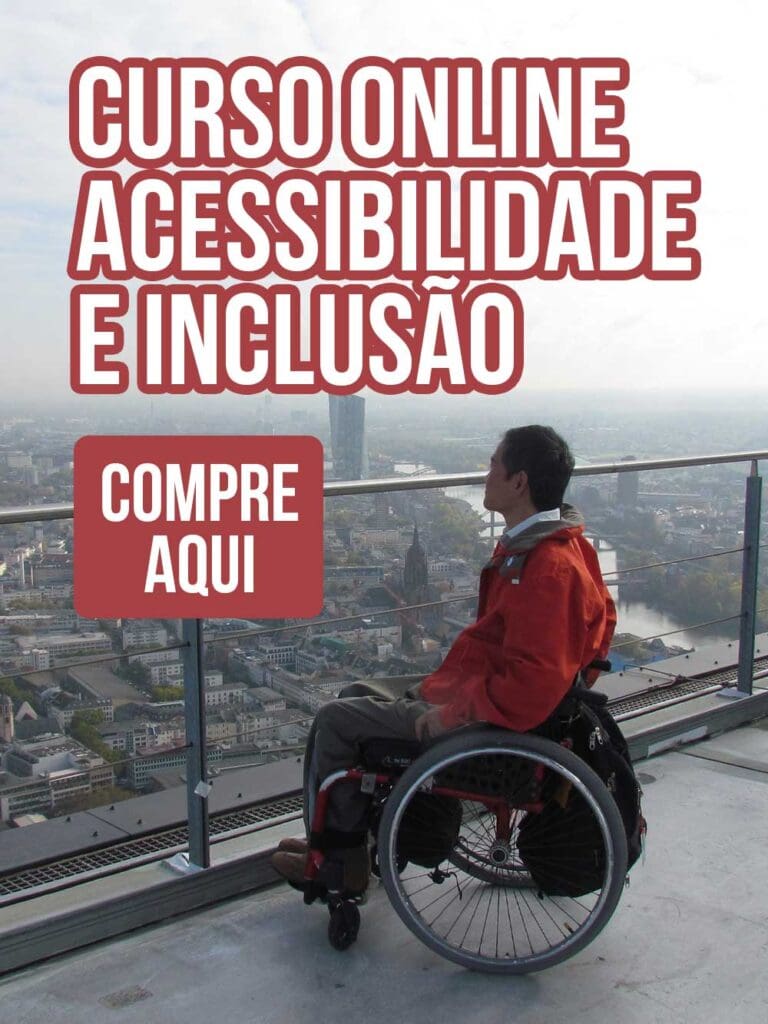
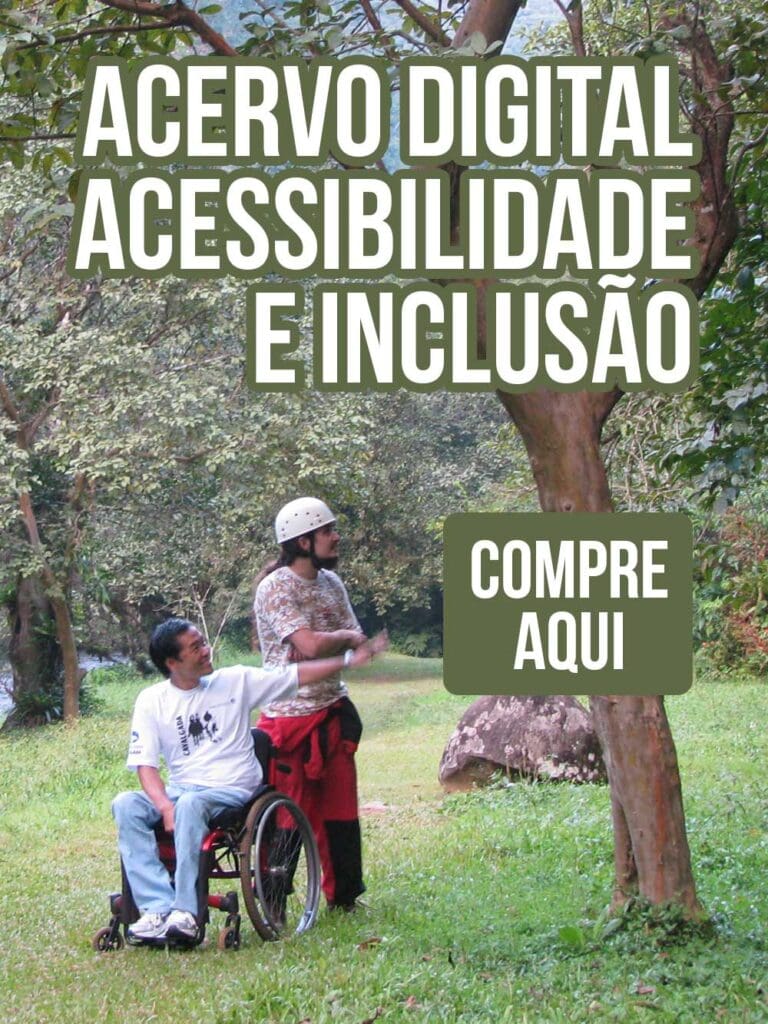
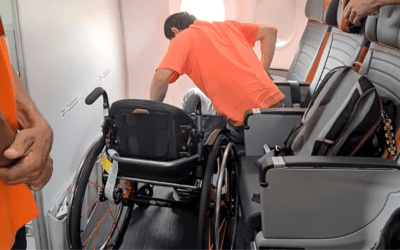
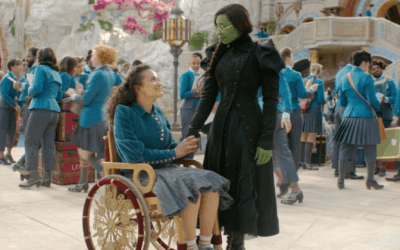
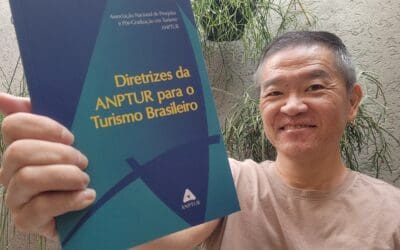
0 comentários